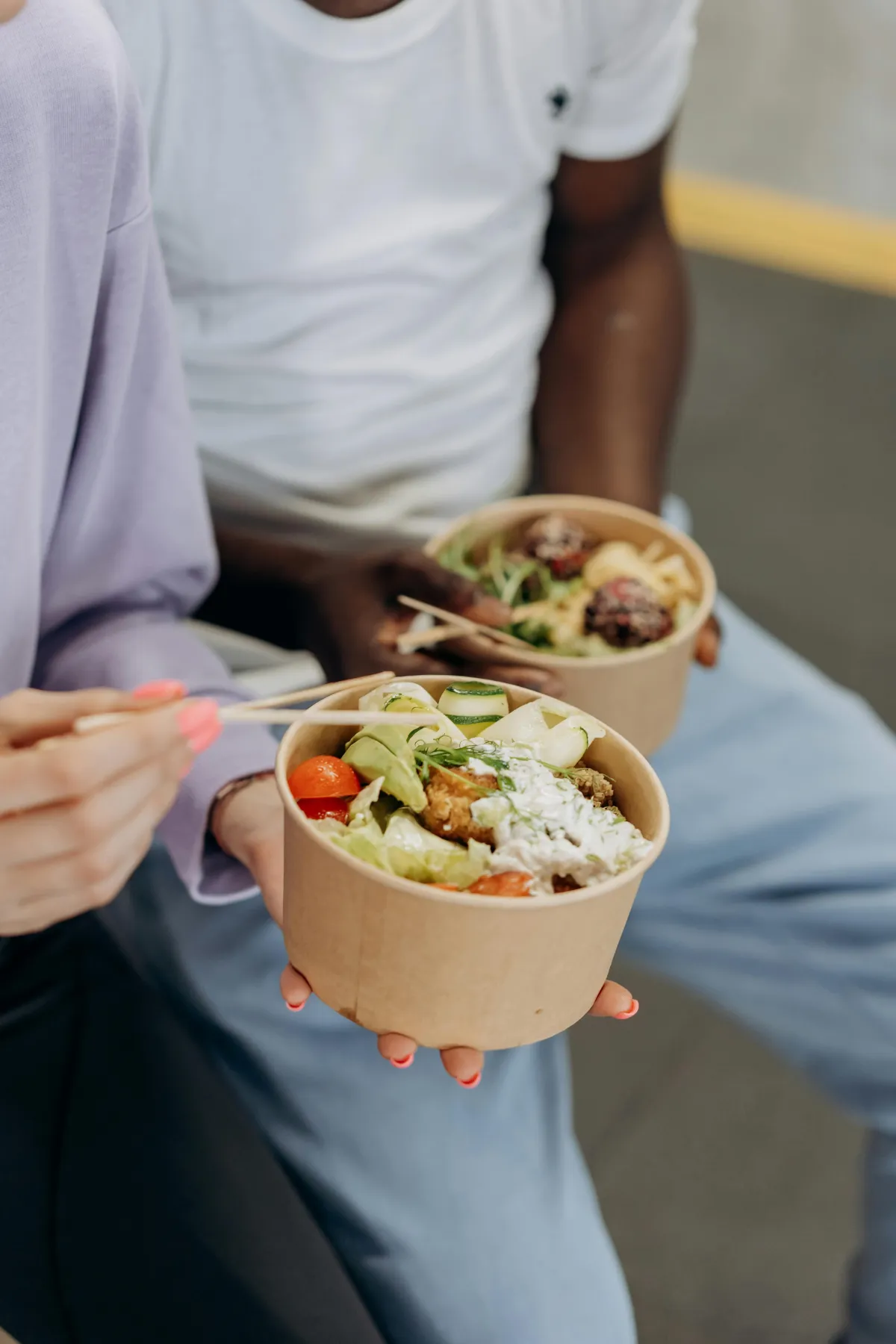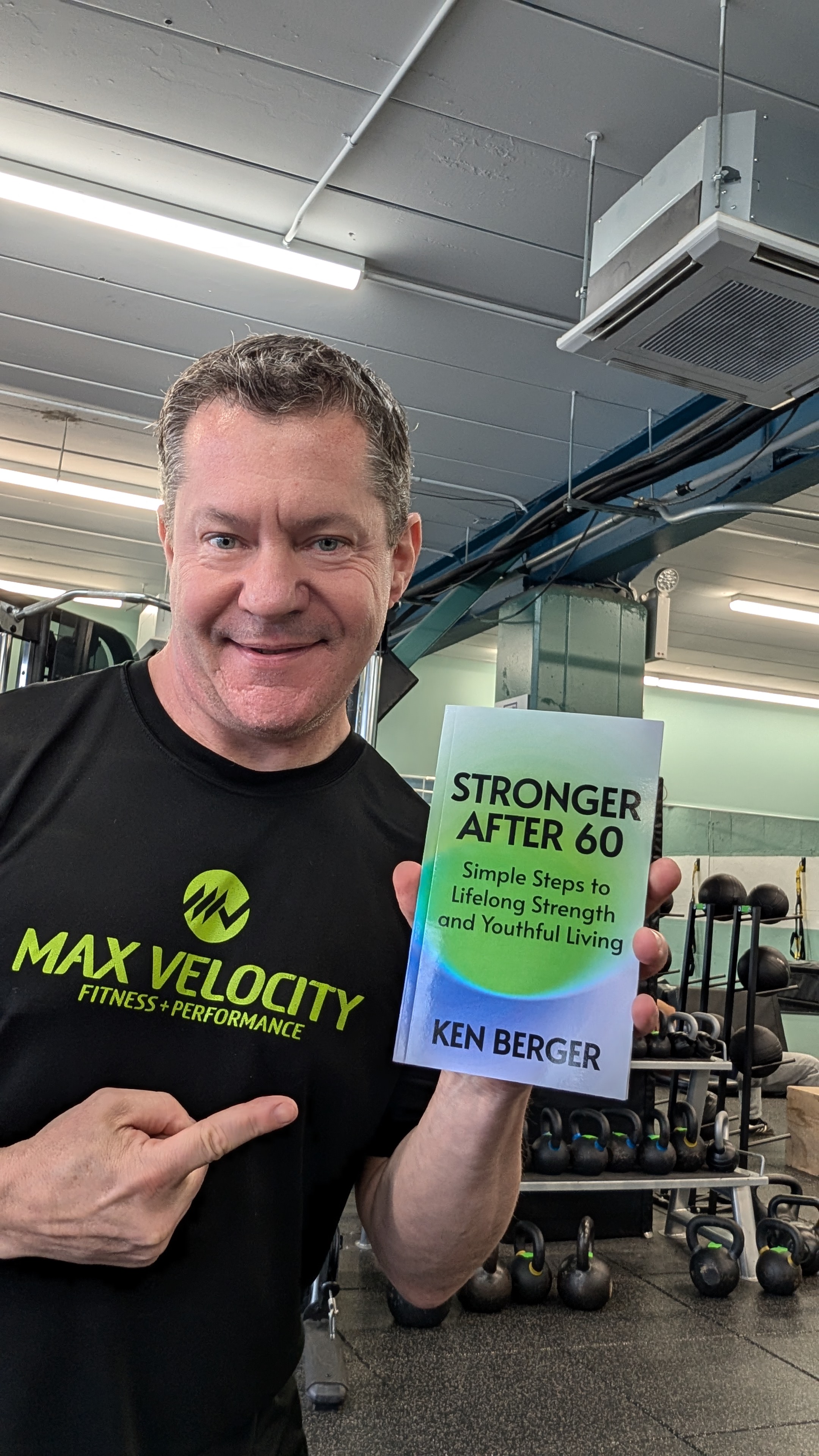

How to build sustainable eating habits: Lessons from longevity research
By Ken Berger
Ever feel like healthy eating is either too restrictive or too complicated to stick with? If you’re over 50 and want to support your long-term health without giving up the joy of food, you’re in good company. Fad diets and rigid rules just aren’t sustainable for most people—and, as it turns out, they’re not necessary for a long, healthy life. The best evidence from longevity research points us toward simple, practical habits that anyone can maintain for the long haul.
The Longevity Mindset: Eating for the Long Haul
Let’s start with a refreshing perspective from Dr. Peter Attia, one of the leading voices in longevity science. He says, “Don’t eat too much and don’t eat too little.” It sounds simple, but it’s surprisingly powerful. Rather than obsessing over every calorie or cutting out entire food groups, the focus is on balance and consistency. The best “diet” is one you can stick with for years, not just weeks. That means finding a way of eating that supports your energy, helps you maintain muscle, and lets you enjoy your meals—without swinging between overeating and deprivation.
Prioritize Adequate Protein Intake
If there’s one thing nearly every longevity expert agrees on, it’s the importance of protein—especially as we age. After 50, our bodies naturally start to lose muscle, a process called sarcopenia. This can lead to weakness, slower metabolism, and even a loss of independence over time. The antidote? Make protein a priority.
Here’s what the research (and experts like Dr. Attia) recommend: aim for 0.7 to 1.0 grams of protein per pound of body weight each day. So, if you weigh 150 pounds, you’re looking at 105 to 150 grams of protein daily. That might sound like a lot, but it’s absolutely doable with a little planning (and probably supplementation, too).

You'll notice that this is a LOT more protein than the Food & Drug Administration recommends (0.8 grams per kilogram of bodyweight). The latest research shows that this outdated RDA simply isn't enough if our goal is to preserve muscle mass as we age (which it is).
Think about building each meal around a quality protein source. Eggs, fish, poultry, Greek yogurt, tofu, beans and lentils are all excellent options. I like to use a simple meal template: “Protein + Veg + Healthy Carb.” For snacks, reach for cottage cheese, nuts or edamame. And don’t try to cram all your protein into dinner—spreading it out across breakfast, lunch and dinner (roughly 30–50 grams per meal) is best for muscle maintenance.
Limit Processed Foods—Focus on Whole Foods
Now, let’s talk about what you’re eating, not just how much. Processed foods—think chips, packaged snacks and sugary treats—are everywhere, but they’re linked to inflammation, weight gain and chronic disease. On the flip side, whole foods (vegetables, fruits, whole grains, lean proteins, and healthy fats) are nutrient-dense, satisfying, and support everything from digestion to energy levels.

One of my favorite tips: shop the perimeter of the grocery store, where the fresh foods live. Try batch-cooking a few simple meals each week so you’re less tempted by convenience foods on busy days. And if you’re a snacker, swap out just one processed snack each day for a whole food alternative—like fruit, nuts, or yogurt. Small changes like these really add up.
Find Your “Just Right”—Avoid Overeating and Undereating
The concept of “don't eat too much and don't eat too little” is about finding your personal sweet spot. This means tuning into your hunger and fullness cues instead of eating on autopilot. Slow down at meals, put away distractions, and notice when you’re satisfied—not stuffed.
Planning regular meals and snacks can help you avoid both bingeing and excessive restriction. And let’s be real: food is meant to be enjoyed. It’s okay to have treats—just do so mindfully, without guilt or the urge to “make up for it” later.
Make Enjoyment and Consistency the Cornerstones
Healthy eating shouldn’t feel like a punishment. Choose foods you genuinely like, and don’t be afraid to experiment with new recipes or flavors to keep things interesting. Progress matters more than perfection, so focus on building habits you can maintain most days. Life includes celebrations, holidays, and the occasional indulgence—embrace them as part of your sustainable approach.
Sample Day of Sustainable Eating
Here’s what a typical day could look like:
Breakfast: Greek yogurt with berries and a handful of nuts
Lunch: Grilled chicken salad with olive oil vinaigrette
Snack: Apple slices with almond butter
Dinner: Baked salmon, roasted vegetables, and quinoa
Treat: A square of dark chocolate or a small dessert
Quick Tips for Long-Term Success
A few more ways to make healthy eating easier:
Try prepping meals once or twice a week, and keep healthy snacks visible and ready to grab. Stay hydrated—sometimes what feels like hunger is actually thirst. If you find it helpful, use a journal or an app to track your progress, but don’t get bogged down in the numbers. And remember, having support from friends, family or a coach can make all the difference.
Conclusion
Sustainable eating is about balance, enjoyment, and habits that fit your real life. Start with one or two small changes—maybe adding more protein or swapping a processed snack for a whole food. Over time, these simple steps can add up to a healthier, longer, and more vibrant life—without extreme diets, deprivation or missing out on the moments that matter.
References: Dr. Peter Attia, Stanford Lifestyle Medicine, Harvard Health, Nature Portfolio, and other leading longevity researchers.
--
Have questions or want to dive deeper into nutrition for longevity? Shoot me an email at ken@maxvelocityfitness.com ... I'm here to help.
Want To Learn More First? Download A FREE Copy Of My Best-Selling Book ... Stronger After 60!
My new best-selling book, Stronger After 60, is your ultimate guide to optimal health, fitness and longevity through the power of science and healthy habits.
Stronger After 60 will change the way you think about aging. This book is designed for real people who want simple solutions to maintain their strength and youthful energy while enjoying the best things in life without restriction. It’s your roadmap to longevity, wellness and enjoying your 60s and beyond like someone half your age.

And TODAY, You Can Get Your Very Own Copy of Stronger After 60 ... for FREE!
Just click the button below, fill out your info, and a copy of Stronger After 60
will be on its way to your inbox in seconds!
Don't miss out on this life-changing opportunity. Get your FREE copy of Stronger After 60 NOW.




